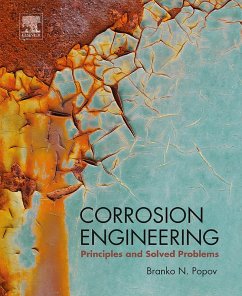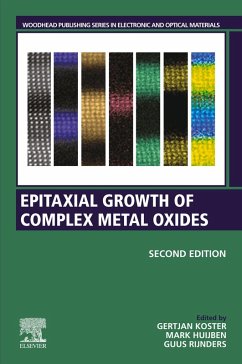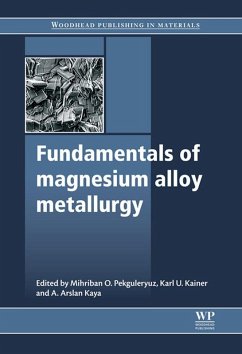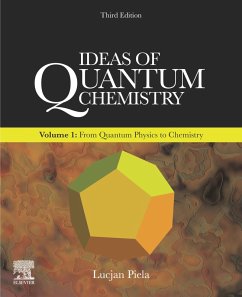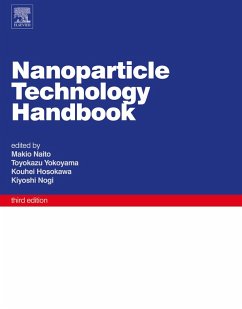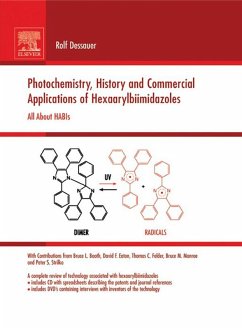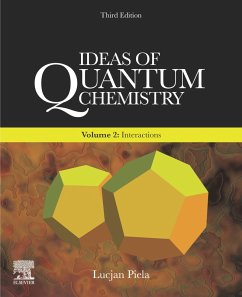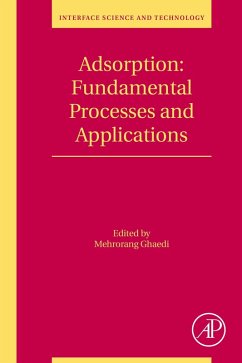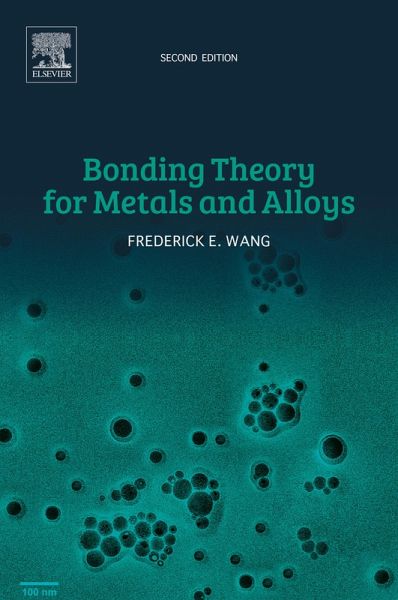
Bonding Theory for Metals and Alloys (eBook, ePUB)
Versandkostenfrei!
Sofort per Download lieferbar
102,95 €
inkl. MwSt.
Weitere Ausgaben:

PAYBACK Punkte
51 °P sammeln!
Bonding Theory for Metals and Alloys, 2e builds on the success of the first edition by introducing new experimental data to each chapter that support the breakthrough "Covalon" Conduction Theory developed by Dr. Wang. Through the recognition of the covalent bond in coexistence with the 'free' electron band, the book describes and demonstrates how the many experimental observations on metals and alloys can all be reconciled. Subsequently, it shows how the individual view of metals and alloys by physicists, chemists and metallurgists can be unified. This book covers such phenomena as the Miscibi...
Bonding Theory for Metals and Alloys, 2e builds on the success of the first edition by introducing new experimental data to each chapter that support the breakthrough "Covalon" Conduction Theory developed by Dr. Wang. Through the recognition of the covalent bond in coexistence with the 'free' electron band, the book describes and demonstrates how the many experimental observations on metals and alloys can all be reconciled. Subsequently, it shows how the individual view of metals and alloys by physicists, chemists and metallurgists can be unified. This book covers such phenomena as the Miscibility Gap between two liquid metals, phase equilibrium, superconductivity, superplasticity, liquid metal embrittlement, and corrosion. The author also introduces a new theory based on 'Covalon' conduction, which forms the basis for a new approach to the theory of superconductivity. Bonding Theory for Metals and Alloys, 2e is of interest to physical and theoretical chemists alongside engineers working in research and industry, as well as materials scientists, physicists, and students at the upper undergraduate and graduate level in these fields. - All chapters completed revised to reflect developments in research since 2005 - New experimental data added to each chapter - Broadens experimental data to support the author's "Covalon" conduction theory, which carries current in covalent bonded pairs - Total of approximately 30% - 35% new and revised content
Dieser Download kann aus rechtlichen Gründen nur mit Rechnungsadresse in A, B, BG, CY, CZ, D, DK, EW, E, FIN, F, GR, HR, H, IRL, I, LT, L, LR, M, NL, PL, P, R, S, SLO, SK ausgeliefert werden.




